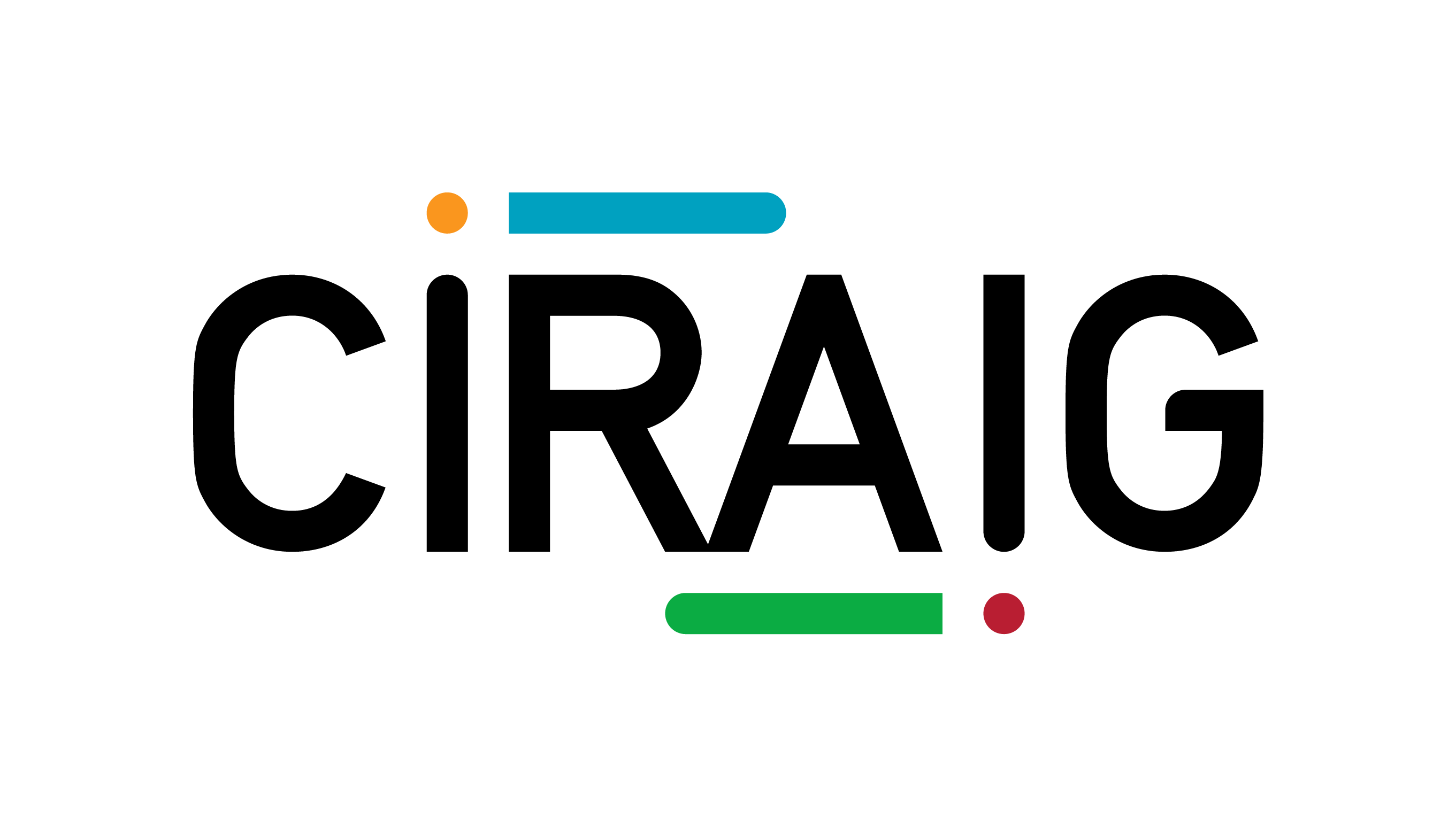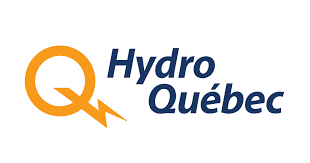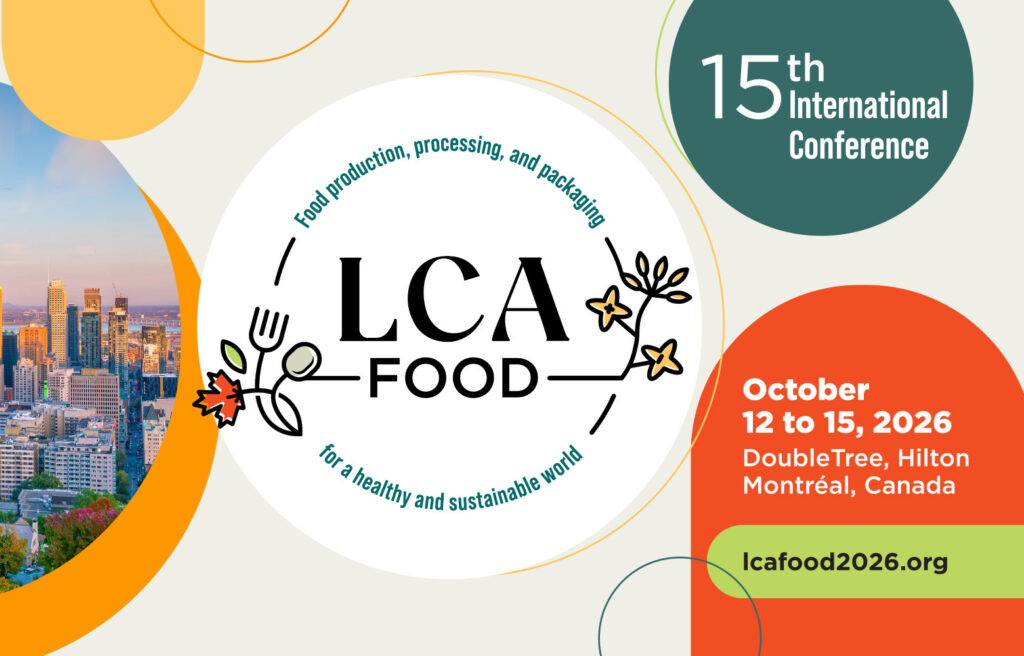
Hydro-Québec mandated CIRAIG’s International Life Cycle Chair to analyze and compare the environmental profile of different small-scale distributed thermal power generation options, using LCA methodology.
Five distributed thermal power generation systems—two geothermal systems and three solar thermal systems—were compared to a heating system supplied by Hydro-Québec’s grid.
Results
For the thermal power needs of an average-sized household:
- Solar thermal systems offer no environmental advantages over the heating system supplied by Hydro-Québec’s grid. As for the glazed solar air collector, although its environmental performance is high, its limited ability to meet the heating needs of an average-sized household make it a less interesting option.
- The potential environmental performance of geothermal systems is superior to that of the other systems given that geothermal systems can meet over 80% of a household’s heating needs.
In collaboration with
We use cookies on our website to give you the most relevant experience by remembering your preferences and repeat visits. By clicking “Accept”, you consent to the use of ALL the cookies.
Manage consent
Privacy Overview
This website uses cookies to improve your experience while you navigate through the website. Out of these, the cookies that are categorized as necessary are stored on your browser as they are essential for the working of basic functionalities of the website. We also use third-party cookies that help us analyze and understand how you use this website. These cookies will be stored in your browser only with your consent. You also have the option to opt-out of these cookies. But opting out of some of these cookies may affect your browsing experience.
Necessary cookies are absolutely essential for the website to function properly. This category only includes cookies that ensures basic functionalities and security features of the website. These cookies do not store any personal information.
Any cookies that may not be particularly necessary for the website to function and is used specifically to collect user personal data via analytics, ads, other embedded contents are termed as non-necessary cookies. It is mandatory to procure user consent prior to running these cookies on your website.
Your subscription could not be saved. Please try again.
Your subscription has been successful.





